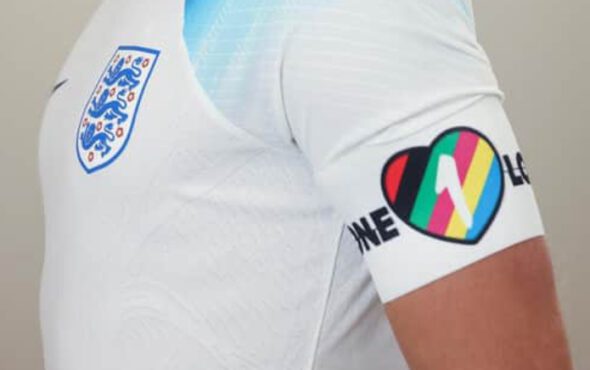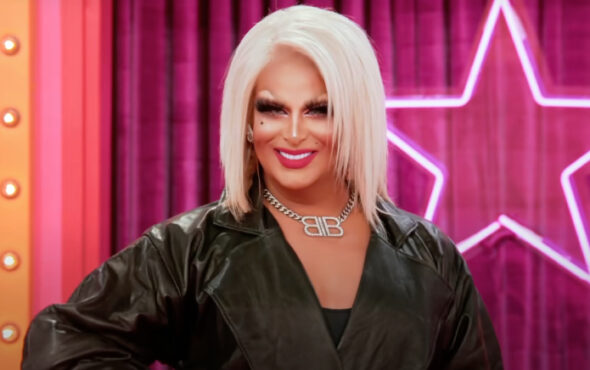
England and Wales are among the European nations facing backlash for opting not to wear OneLove armbands at the World Cup in Qatar.
Harry Kane and Gareth Bale, the respective captains of England and Wales, had previously committed to wearing them during matches to promote diversity and inclusion in a country which has a dire record on human rights and equality.
LGBTQ+ people are routinely subjected to discrimination and harassment in Qatar, where homosexuality is illegal.
However, it has been announced that the aforementioned teams will be among a number of other European nations opting against wearing the armbands.
“FIFA has been very clear that it will impose sporting sanctions if our captains wear the armbands on the field of play,” a joint statement from the Football Associations of England, Wales, Belgium, Denmark, Germany, The Netherlands and Switzerland said on 21 November.
“As national federations, we can’t put our players in a position where they could face sporting sanctions including bookings, so we have asked the captains not to attempt to wear the armbands in FIFA World Cup games.”
The teams added that they were willing to “pay fines that would normally apply to breaches of kit regulations” but “cannot put our players in the situation where they might be booked or even forced to leave the field of play”.
“We are very frustrated by the FIFA decision which we believe is unprecedented – we wrote to FIFA in September informing them of our wish to wear the OneLove armband to actively support inclusion in football, and had no response,” the statement continued.
Prominent human rights activist Peter Tatchell slammed the teams for not delivering on “the tiniest of gestures” they had committed to.
England and Wales will NOT wear the OneLove armband
Statement from @PeterTatchell #QatarAntiGay pic.twitter.com/HGapDlYFRJ
— Peter Tatchell Fdn (@PT_Foundation) November 21, 2022
“I urge the team captains at their post-match press conferences to spend just 30 seconds to speak out for the rights of women, LGBTs and migrant workers. That would have a huge impact, reaching a global audience of hundreds of millions of people,” he said.
“FIFA have crushed the OneLove campaign with the threat of yellow cards. It’s time to show FIFA and Qatar the red card.”
A statement from Prime Minister Rishi Sunak’s official spokesman said: “We share the FA’s frustration with FIFA’s decision on this, which puts players in a very difficult position.
“It is, ultimately, a decision for the FA. On LGBT rights more broadly, clearly Qatar’s policies are not those of the UK government and not ones we would endorse.”
The decision comes not long after the Human Rights Watch reported cases of LGBTQ+ people being detained and subjected to “ill-treatment in detention” in Qatar as recently as September.
There were at least six cases of “severe and repeated beatings” reported, as well as five incidences of “sexual harassment in police custody between 2019 and 2022.”
This is despite the Football Association assuring fans that they will not face arrest for kissing or holding hands in public at the World Cup in November.
The 2022 FIFA World Cup will take place from 20 November – 18 December this year.



